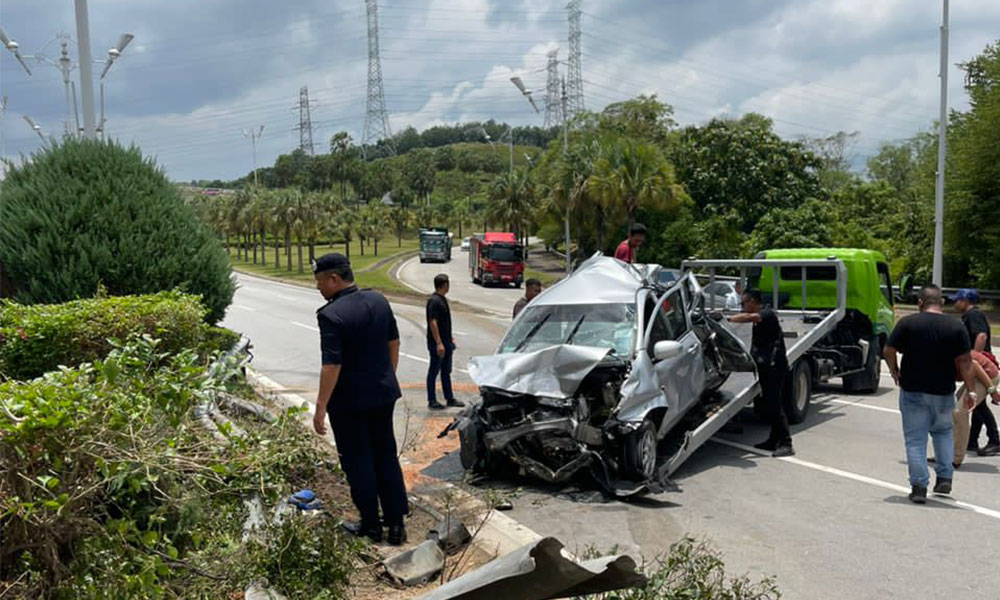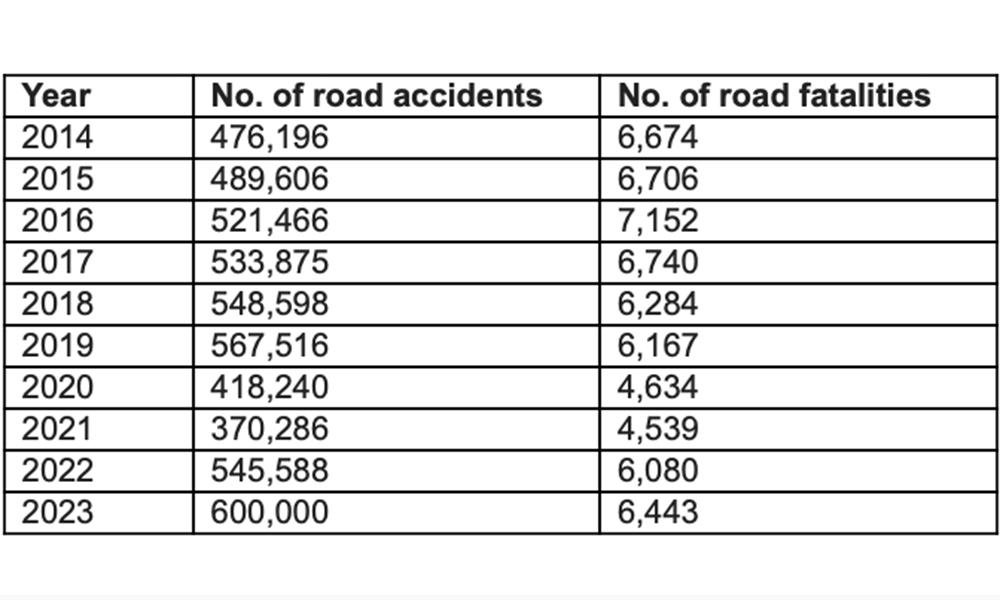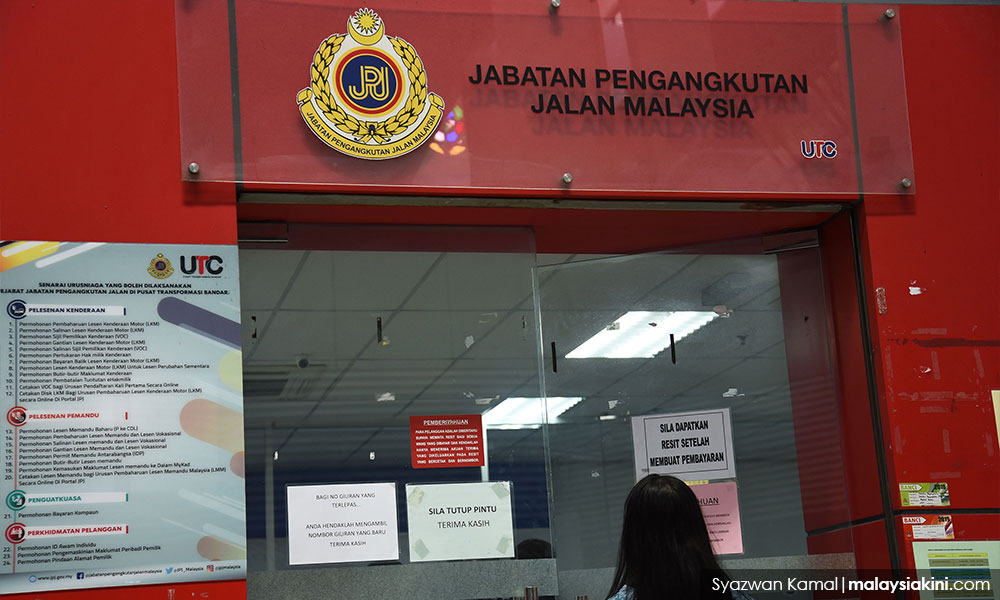In conjunction with Zero Accident Day today, the Consumers’ Association of Penang (CAP) stresses that all road users must share the responsibility of ensuring safer roads.
The high quality and accuracy of road crash and fatality data collected by the Royal Malaysia Police, as recognised by the World Health Organization (WHO) and the World Bank, are meaningless unless the government and road users take proactive steps to improve road safety.
Potholes and uneven road surfaces significantly contribute to road accidents. Reports indicate that around 60 percent of federal roads in Malaysia have exceeded their service life and require urgent repairs.
The government must prioritise upgrading these roads while imposing stricter penalties on overloaded commercial vehicles, which studies have shown are a leading cause of premature road damage, particularly in rural areas.
In 2008, it was found that 27 percent of the one million registered commercial vehicles in the country were overloaded, causing roads to deteriorate within the first three years - despite being designed to last up to a decade. Damaged roads, including potholes, are a major contributing factor to accidents.

Furthermore, the Malaysian Institute of Road Safety Research reported that heavy vehicles are involved in 25 percent of fatal accidents, often because overloaded vehicles require longer distances to stop.
Substandard remedial work
Another factor contributing to poor road conditions is substandard remedial work by third-party contractors. In 2018, the Public Works Department (PWD), the Malaysian Highway Authority (MHA), Kuala Lumpur City Hall (DBKL), and the Petaling Jaya City Council (MBPJ) attributed these deficiencies to contractors failing to meet required standards.
Payments to these underperforming contractors should be withheld until their work meets the necessary standards.
As of the end of 2023, Malaysia had 17,244,978 cars, 16,773,112 motorcycles, and 1,429,403 goods transport vehicles, excluding 915,494 buses, rental cars, and other vehicles that do not fall into these categories. The heavy reliance on private cars and motorcycles over public transport exacerbates traffic congestion, road accidents, and stress.
The rising number of road accidents and fatalities is alarming. It’s important to note that reported accidents do not account for the many "minor" incidents that go unreported. Post-Covid-19, there has been a significant increase in accidents, with motorcyclists being the most frequent victims, followed by car occupants.

All road users must practise proper road etiquette to prevent accidents, which should not be measured solely by fatalities. Accidents cause trauma, hospitalisation, and lengthy legal and insurance processes, none of which justify gaining a few seconds on the road.
Developing an efficient public transport system, managed entirely by the government, is crucial. The success of public transport hinges on four factors: affordability, convenience (including the availability of feeder buses), regularity, and punctuality.
Vehicle ownership deterrence measures
Once these are addressed, the government can implement vehicle ownership deterrence measures, such as end-of-life policies for cars over 15 years old, tolls for passenger vehicles entering central business districts, and a 2-hour parking rule to prevent vehicles from occupying spots for extended periods.
Malaysia must reduce private vehicle ownership, encourage the use of efficient public transport, and enforce traffic regulations strictly to reduce accidents.
It's perplexing that the government has periodically offered significant discounts on traffic fines, especially during festive seasons, encouraging habitual traffic violators to wait for these opportunities to settle their fines at reduced rates.

A recent report revealed that 41 million traffic fines, amounting to approximately RM4 billion, remain unpaid by traffic offenders from 1990 to June 2024.
Of these, 51,128 fines, totalling RM5.1 million, involved foreign nationals from countries such as Singapore, Brunei, and Thailand. Despite the discounts, Malaysians owe the majority of the RM4 billion in fines.
The Royal Malaysia Police and the Road Transport Department should seriously consider refusing road tax renewals to those with unpaid fines. Foreign nationals could be blacklisted from entering Malaysia until they have settled their fines.
Implementing these measures could prevent current offenders from leaving the country without accountability.
Achieving zero accidents requires collective commitment from all road users, government authorities, and relevant stakeholders.
By prioritising road maintenance, enforcing stricter regulations, promoting public transport, and holding traffic violators accountable, we can work together to reduce accidents and fatalities on our roads significantly.
Safety should be our shared priority, ensuring that everyone arrives at their destination without harm. The journey towards safer roads begins with each of us taking responsibility and making informed choices. - Mkini
MOHIDEEN ABDUL KADER is president of the Consumers Association of Penang.
The views expressed here are those of the author/contributor and do not necessarily represent the views of MMKtT.




No comments:
Post a Comment
Note: Only a member of this blog may post a comment.